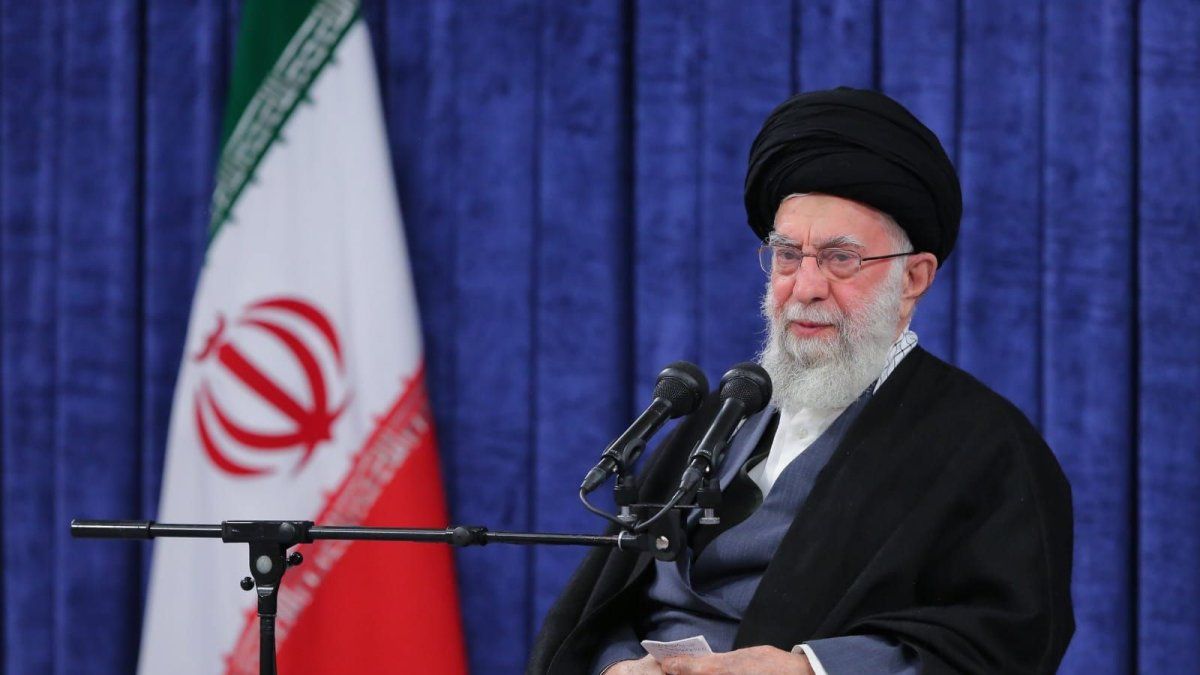The servers collapsed due to mass access of unknown origin, the national pre-selection committee said on Saturday. The resulting system crash shortly after it started led to an interruption in the election, which is expected to resume on Monday.
“In addition to the masses of voters who yearn for change, someone else was interested in the primaries,” the committee commented on the process.
In the voting, which runs until the coming weekend, six parties from the left to the right of the political spectrum want to identify common candidates in the country’s 106 electoral districts. The aim is to replace Orban’s Fidesz party, which has been in power since 2010, in the parliamentary elections next spring.
“The opposition can only compete with Fidesz if it forms a common bloc, we learned that the hard way,” said Green politician Antal Csardi of the AFP news agency. The preselection, which is now taking place for the first time, is “an innovation that has been forced upon us”.
Orban has had an overwhelming majority in the Budapest Parliament since 2014. The Hungarian electoral system is a mixture of proportional and majority voting. However, a constitutional reform of the government in 2012 significantly strengthened the element of majority voting, from which the strongest party particularly benefits. In the vast majority of constituencies, this is Fidesz.
In the local elections in 2019, the opposition parties forged alliances at the local level for the first time. As a result, several cities, including the capital Budapest, went to the opposition. Allianz wants to build on this success.
In addition to joint candidates for the House of Representatives, she also wants to put up a joint top candidate to challenge Prime Minister Orban. Five politicians are ready for it. Peter Jakab as head of the right-wing Jobbik party, Gergely Karacsony as the green-liberal mayor of Budapest and the socialist MEP Klara Dobrev have good prospects of success. Dobrev said in the “Kurier” (Saturday): “What unites us is the belief in democracy. We want to stay in Europe, have a free state. The common goals are stronger than what makes us different.” If necessary, a runoff election should be held from October 4th to October 10th.
Experts believe that despite the ideological rifts between the opposition parties, their calculations could work out. “For most of their voters, next year’s election is all about whether Viktor Orban has to leave or not,” said Daniel Mikecz of the republicon think tank. The opposition accuses the right-wing populist prime minister of an autocratic leadership style and corruption. His government has been criticized for years in the EU for violating the rule of law.




